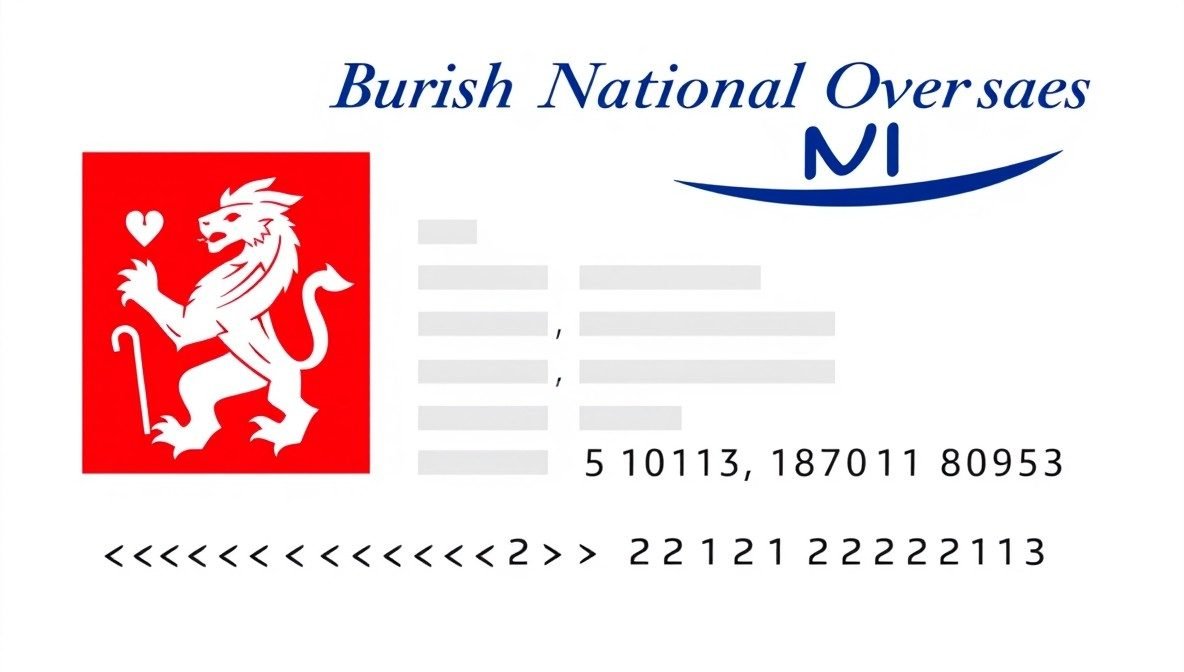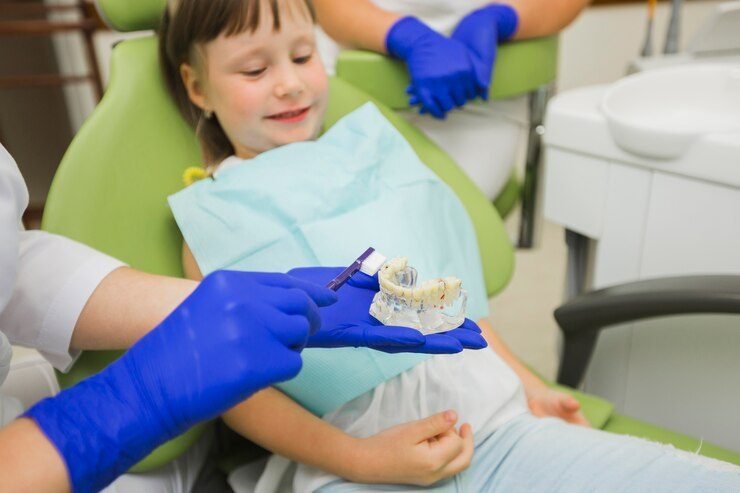When your doctor orders a medical test, it’s usually because they want a deeper understanding of what’s happening inside your body. One such test is the C-reactive protein (CRP) test, which helps measure inflammation levels. If you’ve been advised to undergo this test, you might be curious about what it entails and why it’s essential. Let’s dive into the details of why doctors recommend this test, the conditions it can help identify, and what you should expect when considering the CRP test cost.
What Is a CRP Test?
The CRP test measures the level of C-reactive protein in your blood. This protein is produced by the liver and released into the bloodstream in response to inflammation. While some inflammation is normal—like when your body fights off infections or heals an injury—excessive or prolonged inflammation can indicate an underlying health issue.
For instance, a patient I once knew, Neha, had been feeling unusually fatigued and complained of mild joint pain. Her doctor recommended a CRP test to determine if an inflammatory condition like rheumatoid arthritis could be the culprit. The results helped pinpoint her condition early, enabling effective treatment.
Why Do Doctors Recommend a CRP Test?
Doctors may recommend a CRP test for a variety of reasons, depending on your symptoms or medical history. Here are the most common ones:
1. To Detect Infections
CRP levels can rise significantly during bacterial infections. If your doctor suspects you have a severe infection, such as pneumonia or sepsis, a CRP test can help confirm the diagnosis. Elevated CRP levels often indicate that the body is battling a significant inflammatory response.
2. To Monitor Chronic Conditions
For people managing chronic inflammatory conditions like lupus or inflammatory bowel disease (IBD), the CRP test is a valuable tool. It helps doctors track inflammation levels over time and determine if treatments are effective.
3. To Assess Heart Disease Risk
Although CRP is primarily used for inflammation, it has also been linked to heart health. High levels of CRP, specifically high-sensitivity CRP (hs-CRP), may indicate an increased risk of cardiovascular disease. If you have a family history of heart problems, your doctor might order this test as part of a broader assessment.
How Does the Test Work?
The CRP test is simple and quick. A healthcare professional will draw a small blood sample, usually from a vein in your arm. The process takes only a few minutes and doesn’t require special preparation.
However, it’s essential to inform your doctor if you’ve recently had an infection, surgery, or even a minor injury, as these can temporarily elevate CRP levels and affect the results.
How Much Does a CRP Test Cost?
One of the most common questions patients ask is about the CRP test cost. While the price varies depending on your location, the healthcare facility, and whether additional tests are required, the average cost in India typically ranges between Rs 300 and Rs 800. Some diagnostic centers may offer packages that include the CRP test along with other blood tests, which could be more cost-effective.
For example, Ramesh, a 45-year-old with a family history of heart disease, shared how he managed to save money by opting for a comprehensive health checkup package. This included the CRP test and other essential screenings, all at a reasonable price.
When Should You Consider Getting a CRP Test?
While your doctor is the best person to advise you, there are situations when you might need to discuss this test:
- Unexplained Symptoms: If you’re experiencing fatigue, fever, or pain with no clear cause, a CRP test might provide insights.
- Chronic Conditions: Regular monitoring is essential if you’re managing an inflammatory or autoimmune condition.
- Preventive Health: If you’re at risk for heart disease or other chronic illnesses, a CRP test can help identify early warning signs.
Practical Tips for Patients
If your doctor has recommended a CRP test, here are some practical steps to make the process smooth:
- Compare Prices: Research diagnostic labs in your area and inquire about the CRP test cost. Many labs now display their prices online for transparency.
- Check Insurance Coverage: Some insurance plans cover diagnostic tests, so it’s worth checking if the CRP test is included.
- Follow Up on Results: Don’t panic if your CRP levels are high. Your doctor will consider the test results alongside your symptoms and medical history to provide a complete diagnosis.
Final Thoughts
The CRP test is a powerful tool for detecting and monitoring inflammation. Whether your doctor suspects an infection, a chronic condition, or wants to assess your heart health, this test can provide valuable insights.
While the CRP test cost is a consideration, it’s a small investment in understanding and improving your health. By catching potential issues early, you can take steps to manage or even prevent serious conditions. So, the next time your doctor recommends a CRP test, know that it’s a step toward a healthier you.
If you’ve had a CRP test, share your experience—it might just encourage someone else to prioritize their health!










































































































































































































































































































































































































































































































































































































































































































































































































































































































































































































































